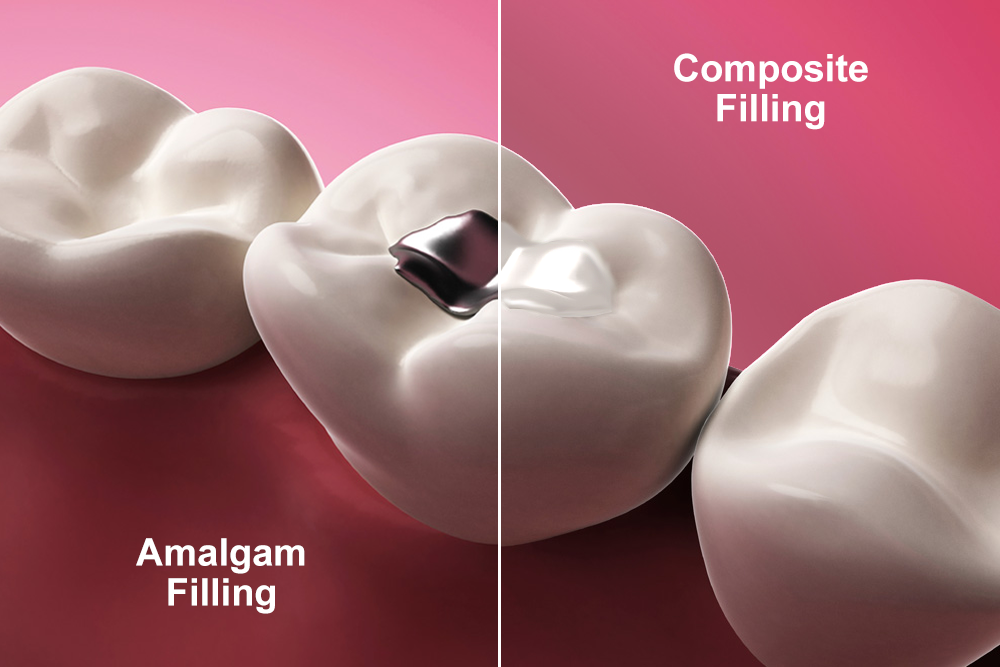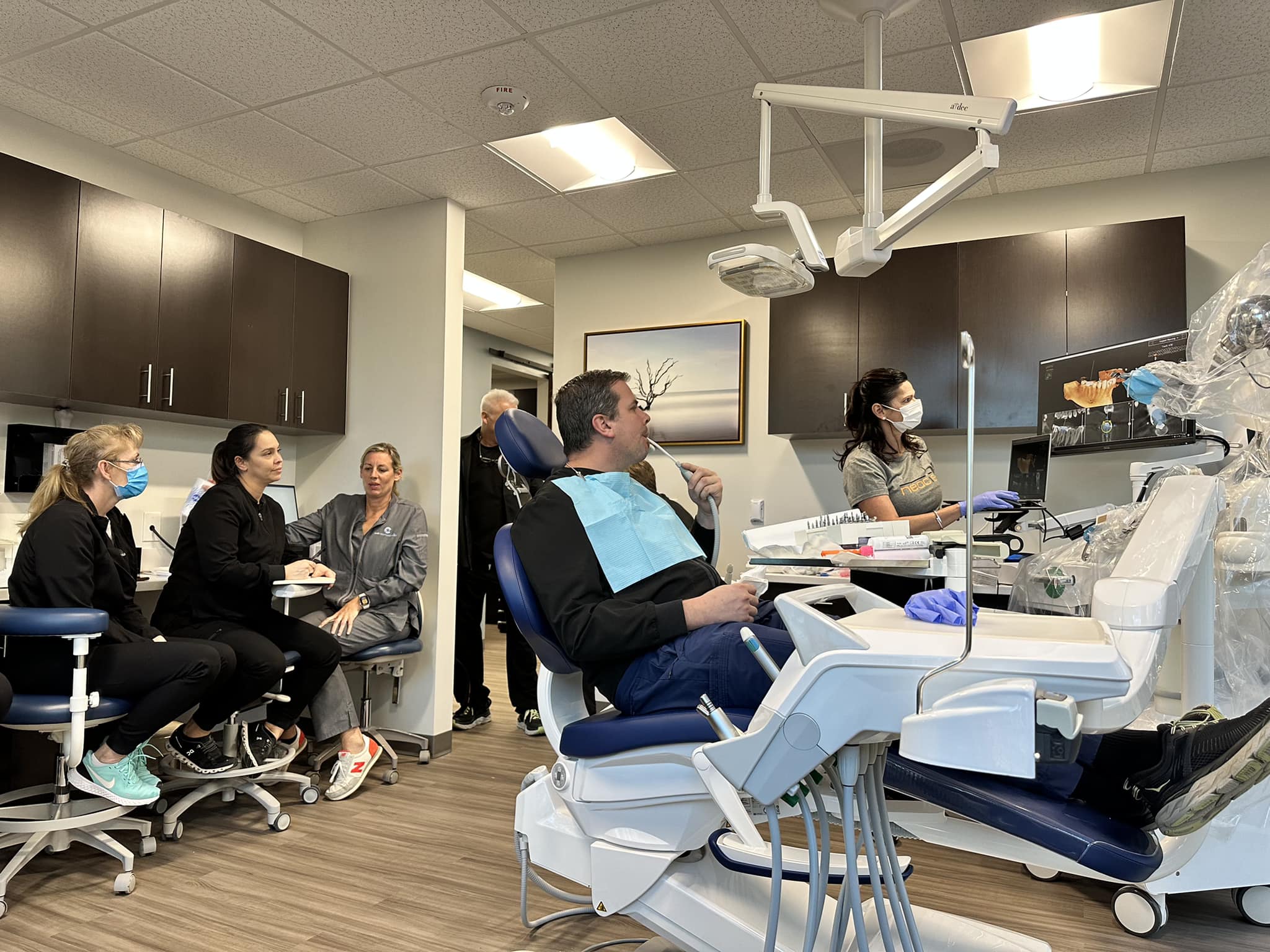Are Amalgam Fillings Bad for You?
Metal fillings are often recommended for the molars because the material is extremely strong and durable.
What is Dental Amalgam?

Although metal fillings do not look as natural as composite restorations, some patients may choose the material for its durability.
Understanding the Effects of Mercury
Mercury is all around us. It exists in trace amounts in the air we breathe, the water we drink, and the foods we eat. Levels can be especially high in fish harvested from polluted bodies of water. Over time, mercury from all these sources accumulates in our organs. If the levels become high enough, they can cause health problems. Symptoms of mercury poisoning include symptoms such as headaches, memory loss, irritability and anxiety, and chronic fatigue.
The FDA, ADA, and similar agencies have found insufficient evidence to support a correlation between metal fillings and adverse health effects.
Since dental amalgam contains a significant amount of mercury, it is logical to suspect that there is a potential risk. It is known that amalgam fillings are not completely inert: they release low levels of mercury vapor, and they contribute—albeit slightly—to mercury bioaccumulation in certain organs. Because of the concern over amalgam filling materials, scientists have conducted a great deal of research to evaluate the safety of metal fillings.
The FDA and Other Agencies Weigh In
The U.S. Food & Drug Administration (FDA) recognized this public concern and decided to conduct an exhaustive review of all the studies relating to the safety of amalgam alloy fillings. The agency formally released their conclusions in a paper and addendum published in 2006 and 2009, respectively. The FDA concluded that there is insufficient evidence to support an “association between exposure to mercury from dental amalgams and adverse health effects in humans, including sensitive subpopulations.”
This paper also recommended that as a precaution, dentists should avoid using amalgam in certain patients. These include children under the age of six, women who are pregnant, and patients who are otherwise exposed to mercury or who eat a large amount of seafood. Other agencies, including the American Dental Association (ADA), the Centers for Disease Control and Prevention (CDC), and the Life Sciences Research Office (LSRO) later published similar opinions. This is an issue that the FDA and other organizations will continue to monitor.
Should Patients Have Their Amalgam Fillings Removed?
- The restoration has become loose or otherwise defective
- Decay has developed around the margins
- The patient is believed to have developed an allergy or sensitivity to one of the metal components in the filling
Fillings Provide Long-Lasting Protection
Amalgam alloy is a safe, cost-effective, and durable dental filling material. It has been thoroughly tested during decades of use and scrutinized in a great number of scientific studies over the past several decades. Even though amalgam alloy restorations appear to pose no significant health hazards, some patients may still have reservations. Dentists should respect these concerns and thoroughly discuss the pros and cons of alternative materials, such as composite resin, with their patients.
Cary Prosthodontics
- American College of Prosthodontics (ACP)
- Academy of Osseointegration (AO)
- International Team for Implantology (ITI)
Visit Our Top-Rated Office
Are you looking for a dental practice you can trust to provide high-quality care? Our office is regularly rated five stars for the professional and friendly care we provide to our patients. To meet with one of our dentists and start your dental crown process, fill out our online form to request your consultation. You can also contact us by calling our office, serving Cary and Raleigh, NC, at:

The Proof is in Our patients
Our Office
Monday
7:30 AM - 3:30 PM
Tuesday
7:30 AM - 3:30 PM
Wednesday
7:30 AM - 3:30 PM
Thursday
7:30 AM - 3:30 PM
Friday
Closed
